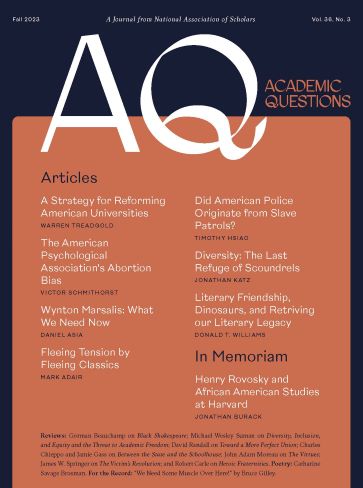Invictus (1875)
William Ernest Henley (1849-1903)
Out of the night that covers me,
Black as the pit from pole to pole,
I thank whatever gods there be
For my unconquerable soul.
In the fell clutch of circumstance
I have not winced nor cried aloud.
Under the bludgeonings of chance
My head is bloody but unbowed.
Beyond this place of wrath and tears
Looms but the horror of the shade,
And yet the menace of the years
Finds and shall find me unafraid.
It matters not how strait the gate,
How charged with punishment the scroll,
I am the master of my fate:
I am the captain of my soul.
Superiority to Fate (ca. 1866)
Emily Dickinson (1830-1886)
Superiority to Fate
Is Difficult to learn.
‘Tis not conferred on any,
But possible to earn.
A pittance at a time,
Until, to Her surprise,
The Soul with strict economy
Subsist till Paradise.
Death, Be Not Proud (1633)
John Donne (1573-1631)
Death be not proud, though some have callèd thee
Mighty and dreadful, for thou art not so:
For those whom thou think’st thou dost overthrow
Die not, poor Death; nor yet canst thou kill me.
From Rest and Sleep, which but thy picture be,
Much pleasure, then from thee much more must flow;
And soonest our best men with thee do go—
Rest of their bones and souls’ delivery!
Thou’rt slave to fate, chance, kings and desperate men,
And dost with poison, war, and sickness dwell;
And poppy or charms can make us sleep as well
And better than thy stroke. Why swell’st thou then?
One short sleep past, we wake eternally,
And death shall be no more: Death, thou shalt die!
Lottery*
Catharine Savage Brosman1
The facts are there, immutable, absurd.
The driver hit a tree, and Camus died.
Ironic, yes. The world might have preferred
assassination—heroism implied—
or death upon the stage, like Molière
in his own play, or drowning in the sea
he loved. An end so bourgeois was unfair
to his true image; needless too, since he
had planned to go by train. He left behind
his ticket and a half-done manuscript,
a quest, a founding myth. “Untimely ripped,”
his life, from him and us. Is Fortune blind?
Or does she choose odd moments of ennui
to play with numbers in her lottery?
*Albert Camus is known worldwide as the philosopher of the absurd. Although he had money from his Nobel Prize and certain best-selling works, he was never a “haut bourgeois”; he identified with the working class, from which he came. The sea is the Mediterranean; he swam there as a youth, and it occupies a major place in his work. The car belonged to his friend Michel Gallimard, of the prestigious publishing firm, who, headed from the South for Paris, pressed Camus to ride with him instead of taking the train. Camus was only forty-six years old. Molière was taken ill during his final performance in the title role of Le Malade imaginaire and died that evening.
1 Catharine Savage Brosman is professor emerita of French at Tulane University; [email protected]. She is the author of fourteen collections of poetry, of which the newest are Arm in Arm: Poems (2022) from Mercer University Press and Aerosols and Other Poems (Green Altar Books, 2023).













